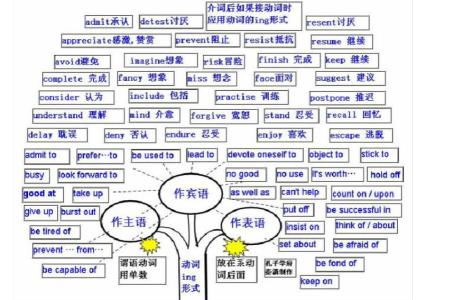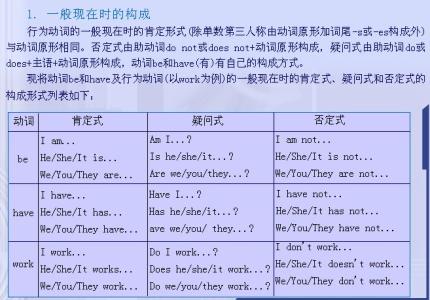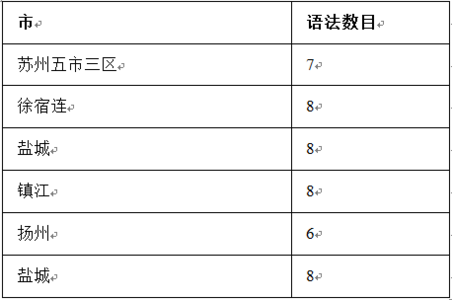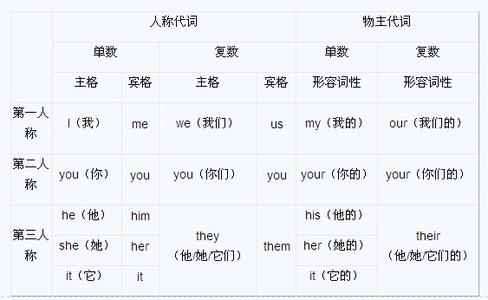Tenses do not change in indirect speech if:
the reporting verb is in a present or future tense:

Geoffrey: I love you.
Geoffrey says he loves me. (the reporting verb say is in present simple)
the reported words are always true:
Copernicus: The planets move around the Sun.Copernicus discovered that the planets move around the Sun. (it is a general truth)
Compare:
Once people believed that the Earth was flat. (the reported words are not true because now we know that the Earth is not flat)the reported words are true at the time of reporting:
George: I’m meeting Karen tomorrow.George said he is meeting Karen tomorrow. (reported on the same day, tomorrow still refers to tomorrow)
Compare:
George said he was meeting Karen the following day. (reported later, the meeting has already happened)Tenses do change if the reporting takes place later than the reference point of the original utterance, and the reported sentence is out of date. This is usually the case if the reporting verb is in a past tense, except for 2. and 3. above.
In the following example, the reference point of the present perfect and present continuous tenses in the original utterance is the time of speaking (1980):
Philip to John in 1980: I have never been to Brunei, but I'm thinking about going there.In indirect speech the reference point of the reported sentence remains 1980. However, the reporting takes place later, which means that the reported sentence becomes out of date, and tense changes are necessary:
John to Brent in 2003: When I met Philip in 1980, he said he had never been to Brunei, but he was thinking about going there.As seen in the example, the verbs in the present perfect and present continuous tenses in the original utterance changed into the corresponding past tenses (past perfect and past continuous) in the reported sentence. This is often described as the sequence of tenses in indirect speech. Yet we can see that the sequence of tenses is based on how tenses relate to each other in general:
When I met Philip in 1980, he said he had never been to Brunei.When I arrived at work, I remembered that I hadn't locked the door of my appartment.
(two consecutive actions and an earlier action) When I met Philip in 1980, he said he was thinking about going to Brunei.
When I entered the room, I saw that she was reading.
(two consecutive actions and a background action in progress)
The sequence of tenses:
direct speech indirect speech present simple past simple present continuous past continuous present perfect past perfect present perfect continuous past perfect continuous past simple past perfect past continuous past perfect continuous past perfect past perfect past perfect continuous past perfect continuousNote that the past perfect and past perfect continuous tenses do not change.
In complex sentences the verb in the time clause may not change:
Bill: I was reading a book when I heard the crash.Bill said that he had been reading a book when he heard the crash. Diagrams Changes in indirect speech
Changes in indirect speech Modal changes in indirect speech
 爱华网
爱华网



